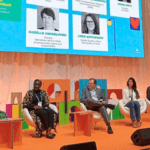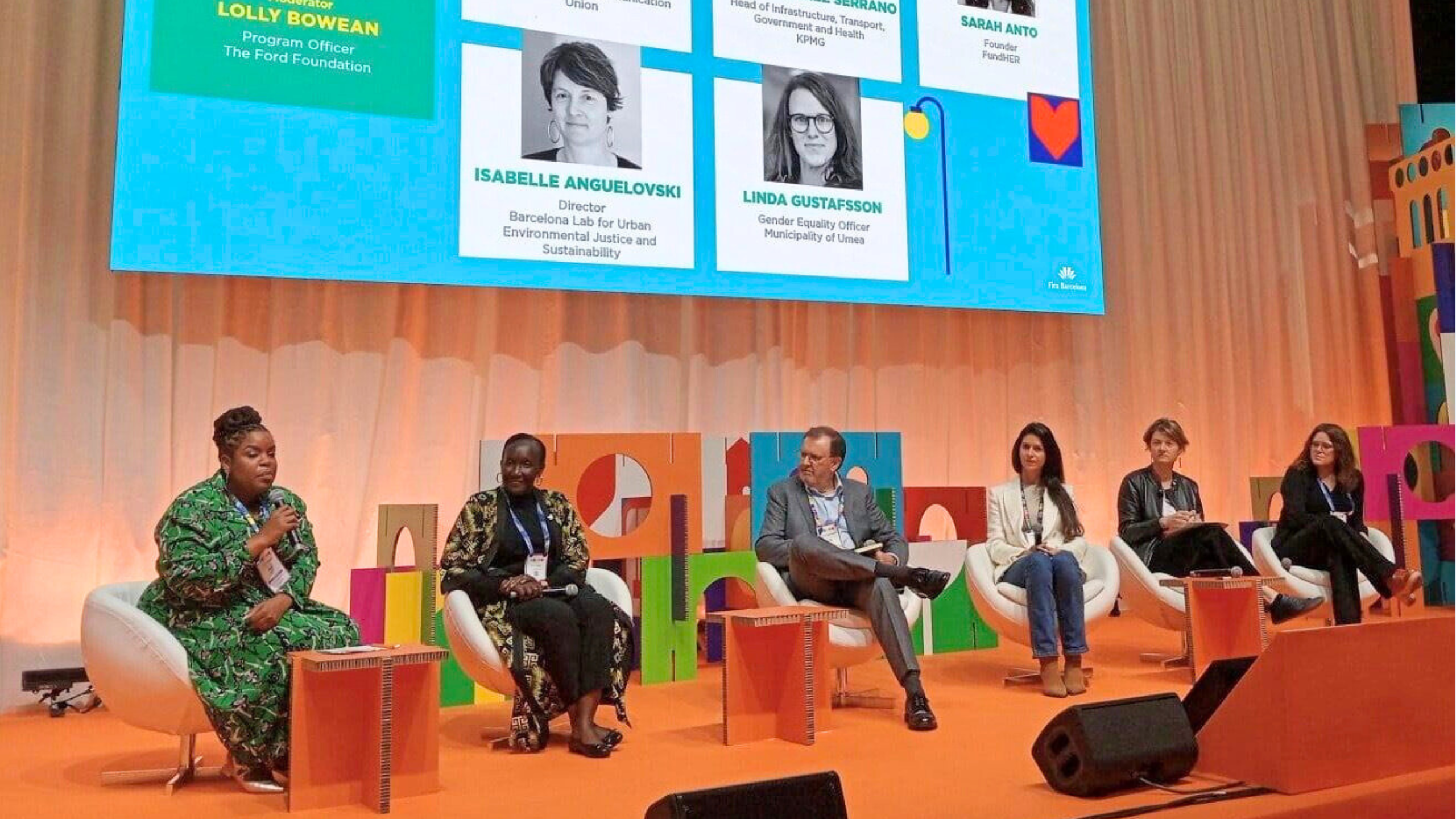At the Smart Cities Expo in Barcelona, a word often heard is “human-centered” — an approach to planning that puts an emphasis on the needs and well-being of residents, rather than solely on infrastructure or technology.
The was also the focus of the panel “One City, Equal Opportunities: Making Urban Inclusion a Reality” that was joined by Giga’s ITU Programme Manager, Irene Kaggwa.
She added insights into the kind of obstacles to inclusion encountered by Giga in its work supporting governments to connect schools in underserved areas, typically rural and remote.
As examples, she said some cultures have “perceptions about the girl child and what should be expected of her,” and in others, “children with special needs and disabilities may be seen as social costs.”
Kaggwa pointed to three keys to bringing online learning to schools in areas where there is reluctance because other priorities are seen as more pressing:
- Data and information are essential to help governments or communities see the benefits and opportunities of online learning rather than the costs.
- Encourage peer learning to draw attention to countries that have excelled or are doing better at connecting schools to the internet. Those examples offer a benchmark and inspiration to others.
- For the more inward-looking societies, encourage important local figures to see the opportunities first, making them leaders of the project to facilitate buy-in by the community.
Kaggwa also presented an overview of Giga’s work to a special session on United for Smart Sustainable Cities (U4SSC), a UN initiative coordinated by ITU, the United Nations Economic Commission for Europe and UN-Habitat to achieve Sustainable Development Goal 11: “Make cities and human settlements inclusive, safe, resilient and sustainable.”

